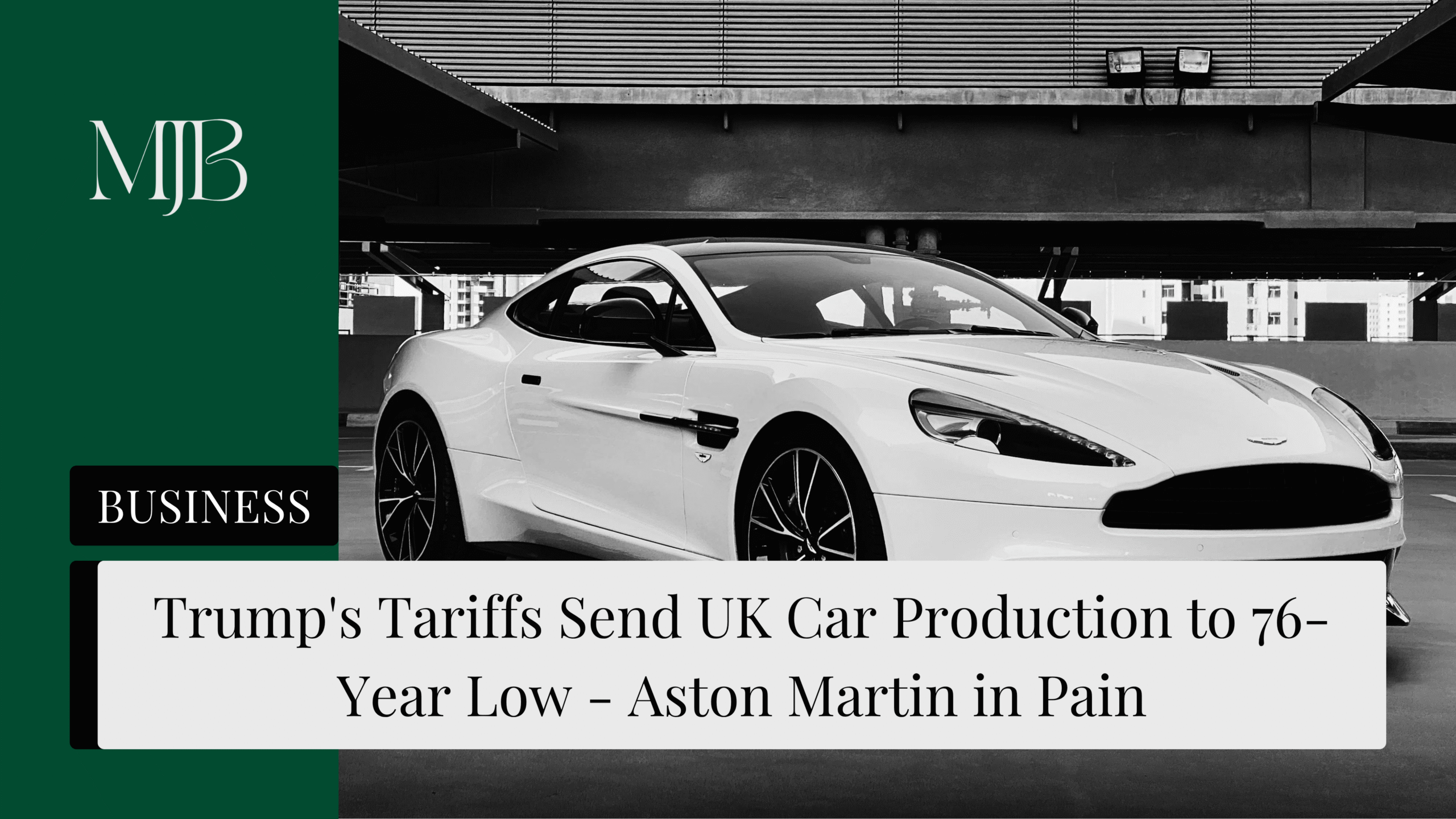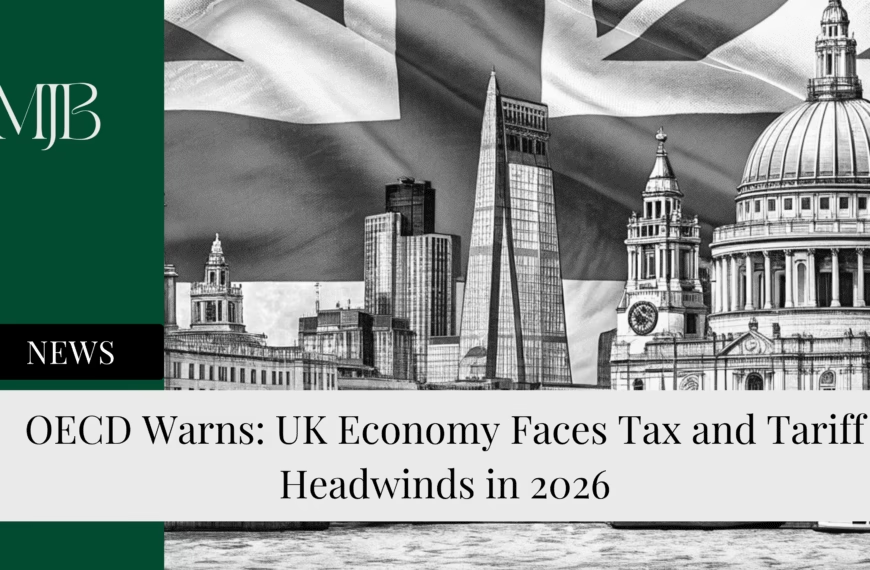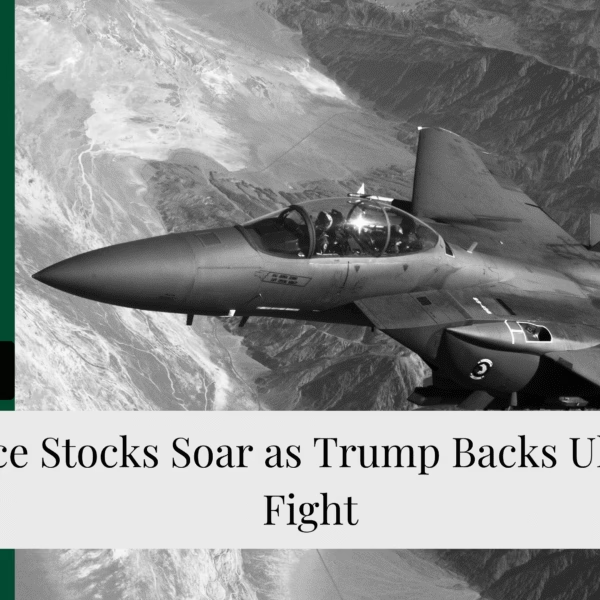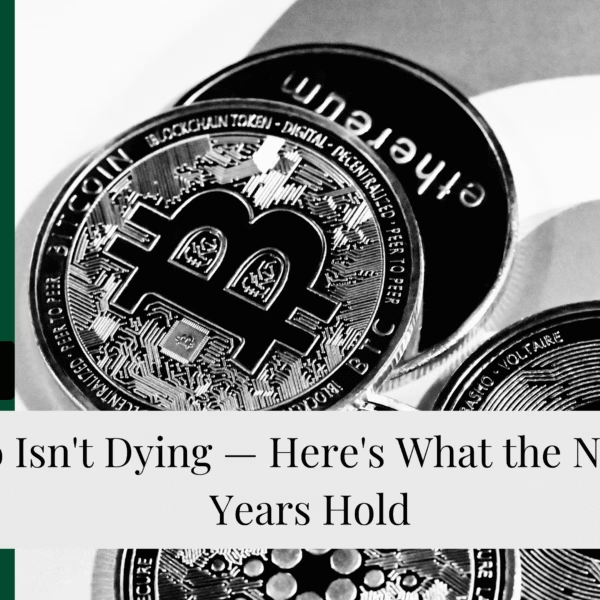Can you recall when trade wars were just theoretical economics textbook fodder? Well, they’re very real now—and British carmakers are feeling the pain.
UK car production crashed to its lowest point since 1949 last month, with factories churning out just 49,810 vehicles in May. That’s a brutal 33% drop year-over-year, making it the worst monthly performance in 76 years (excluding those COVID lockdowns we’d rather forget).
The culprit? Trump’s tariff blitz that’s got everyone from Aston Martin to Jaguar Land Rover hitting the brakes on US exports.
The Numbers Don’t Lie
Here’s how bad things got: UK car exports to America plummeted 55% in May alone. The US went from gobbling up 18% of UK automotive exports to just 11%—ouch.
Even exports to the EU took a 22.5% hit, proving this trade mess has tentacles reaching everywhere.
But there’s a plot twist coming. A new UK-US trade deal kicks in next week that could ease some pressure. The agreement slashes automotive import tariffs from a punishing 27.5% down to 10% for the first 100,000 UK vehicles shipped annually.
Not exactly a victory lap, but hey—it’s something.
Aston Martin’s Wild Ride
Nobody felt the tariff sting quite like Aston Martin. The luxury carmaker’s stock went on a roller coaster from hell, plunging from 119p to below 60p during the chaos.
CEO Adrian Hallmark isn’t sugarcoating the situation. His team’s now “planning to invoice three months’ worth of sales in a 24-hour period” once the new trade window opens June 30th.
Talk about cramming for an exam you forgot about.
The stock did rally 13% when the deal was announced, but it’s still stuck around 70p—a far cry from its former glory.
Beyond the Tariff Drama
Even without Trump’s trade theatrics, UK carmakers were already juggling flaming chainsaws. The government’s zero-emission vehicle mandate is forcing manufacturers to hit aggressive EV sales targets, triggering major industry reshuffles.
Stellantis closed its Luton factory last year, citing ZEV compliance costs. Ford axed 800 UK jobs as part of its European pullback.
The message is clear: adapt or get left behind.
Mike Hawes from the Society of Motor Manufacturers and Traders remains cautiously optimistic, pointing to the UK’s new industrial strategy promising to cut energy costs by up to 25%.
What’s Next?
This trade deal might provide short-term relief, but long-term success depends on more than just quota fixes. As Cyril Aboujaoude from Tioopo Capital puts it: “Long term visibility is essential—not just for major manufacturers, but for mid-sized, high-spec engineering firms that represent the future of UK innovation.”
The bottom line? UK carmakers need to buckle up. Between trade wars, emission mandates, and industry transformation, the road ahead looks bumpy. But for companies that can navigate these challenges, there might just be opportunity waiting around the corner.
FAQ
Q1: How long will the new UK-US trade deal last?
A: The deal reduces tariffs to 10% for the first 100,000 UK vehicles annually, but specific duration details weren’t provided. It’s designed as short-term relief while broader trade relationships stabilize.
Q2: Which UK carmakers were hit hardest by the tariffs?
A: Aston Martin took the biggest public beating, with stock prices cratering from 119p to below 60p. Jaguar Land Rover also suspended US shipments, though specific financial impacts weren’t disclosed.
Q3: Will UK car production recover quickly?
A: Recovery depends on multiple factors beyond tariffs, including EV mandate compliance and broader industry transformation. The new trade deal helps, but structural challenges remain.
Q4: How do these numbers compare to COVID-19 impacts?
A: May 2025’s production was the worst monthly performance since 1949, excluding the 2020 COVID shutdowns. This suggests the tariff impact rivals pandemic-level disruption.
Q5: What’s driving the shift toward electric vehicles in the UK?
A: The government’s zero-emission vehicle mandate requires manufacturers to meet rising EV sales targets. Non-compliance carries significant costs, forcing industry-wide strategic pivots.
DISCLAIMER
Effective Date: 15th July 2025
The information provided on this website is for informational and educational purposes only and reflects the personal opinions of the author(s). It is not intended as financial, investment, tax, or legal advice.
We are not certified financial advisers. None of the content on this website constitutes a recommendation to buy, sell, or hold any financial product, asset, or service. You should not rely on any information provided here to make financial decisions.
We strongly recommend that you:
- Conduct your own research and due diligence
- Consult with a qualified financial adviser or professional before making any investment or financial decisions
While we strive to ensure that all information is accurate and up to date, we make no guarantees about the completeness, reliability, or suitability of any content on this site.
By using this website, you acknowledge and agree that we are not responsible for any financial loss, damage, or decisions made based on the content presented.






